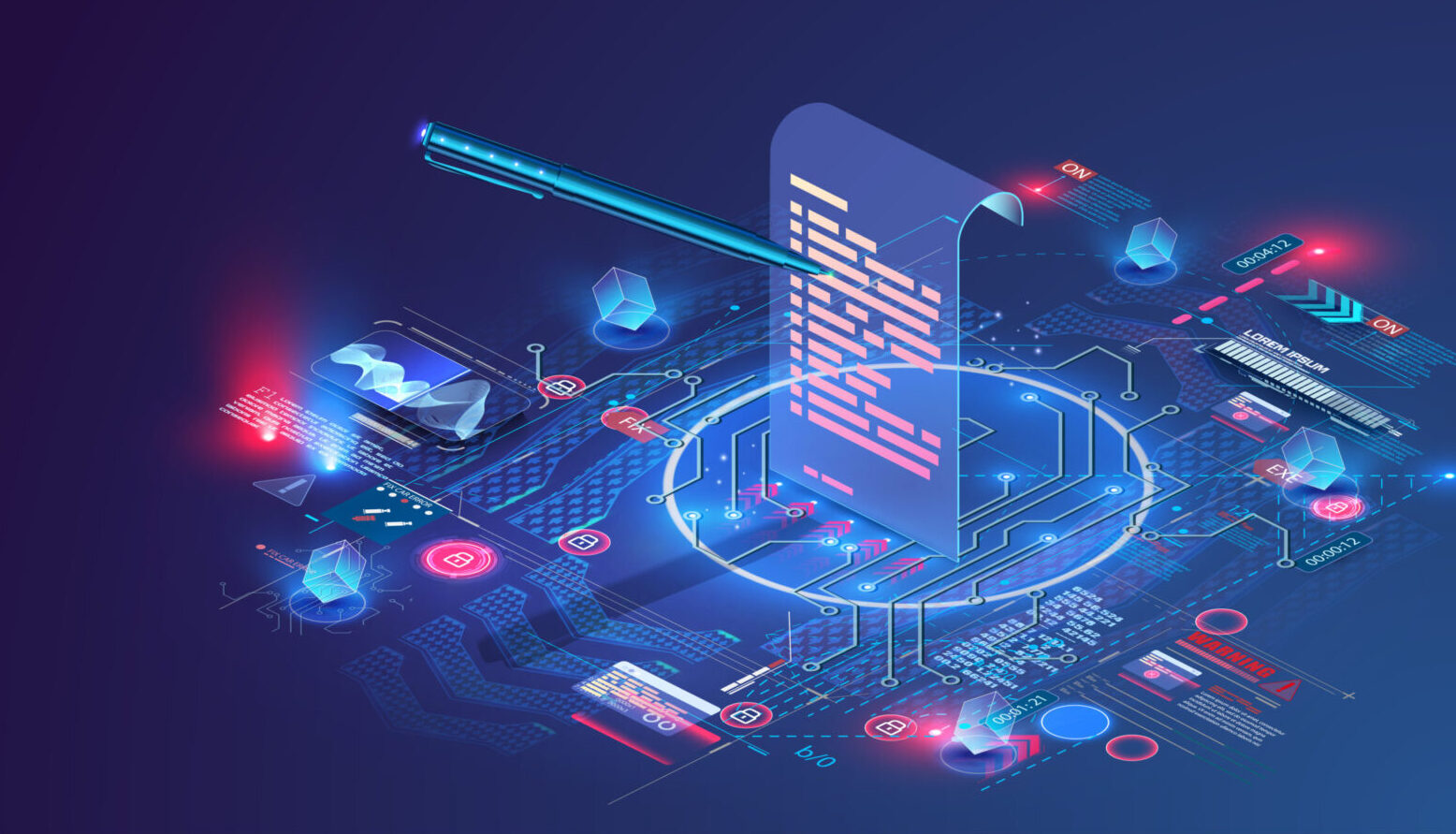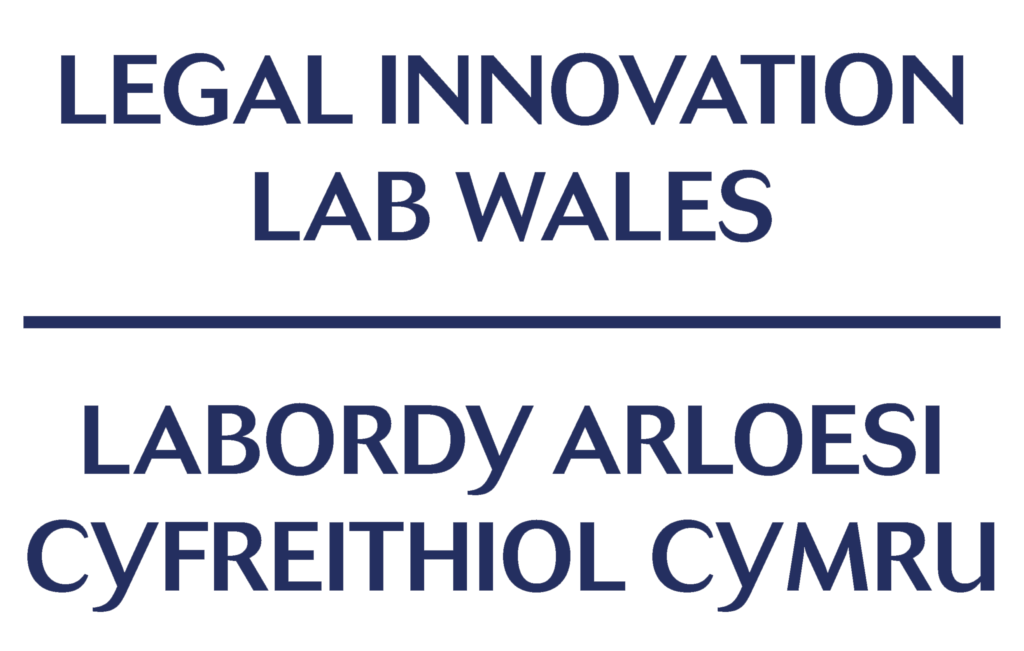The Legal Innovation Lab Wales is creating a map of LegalTech start-ups in Wales to bring attention to new and existing companies working in the LegalTech space, to increase their visibility and help legal entities find support.
The project will allow the Legal Innovation Lab Wales (LILW) to explore the role of Welsh innovation in LegalTech*, to understand the challenges and opportunities that Wales offers to LegalTech start-ups and to generate policy advice to support the role that Wales plays in the global LegalTech market.
It aims to build an interactive map, similar to the Legal Geek startup map and to accompany it with a report on the status of LegalTech innovation in Wales.
Work in the LegalTech space?
The Lab hopes to hear from stand-alone companies operating in the LegalTech domain, including the provision of legal services (for example, compliance, within other sectors, and the provision of non-legal services – such as customer relationship management, for the legal sector).
If a company cannot readily be classified as a start-up (in terms of commercial scale, or stage of operations, for example, more than 3-5 years after establishment), the lab is still keen to hear from them.
Get your business on the map
To hear more about the project, relevant start-ups are encouraged to contact Beth Rogers, LegalTech Engagement Officer at the LILW (via Bethan.Rogers@swansea.ac.uk), with some information about their company, area of LegalTech innovation, and location of services.
The LILW is a £5.6M initiative within Swansea University’s Hillary Rodham Clinton School of Law.
*Note: For reference, the LILW has decided to use the following definition of LegalTech, provided by The Law Society of England and Wales and also utilised in the research carried out by Oxford on lawtech:
Lawtech is the term we use to describe technologies that aim to support, supplement or replace traditional methods for delivering legal services, or that improve the way the justice system operates.
Lawtech covers a wide range of tools and processes, such as:
- document automation
- advanced chatbots and practice management tools
- predictive artificial intelligence
- smart legal contracts
- knowledge management and research systems.









